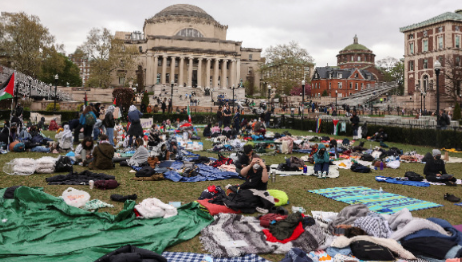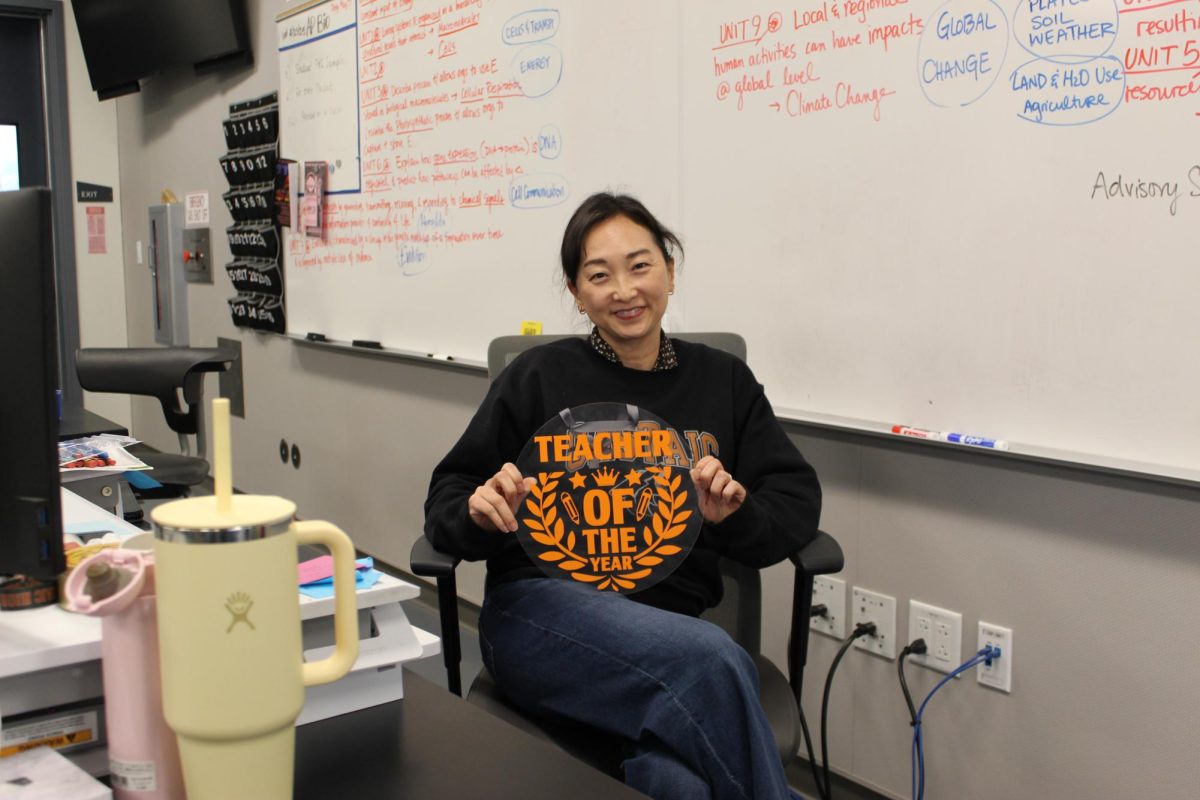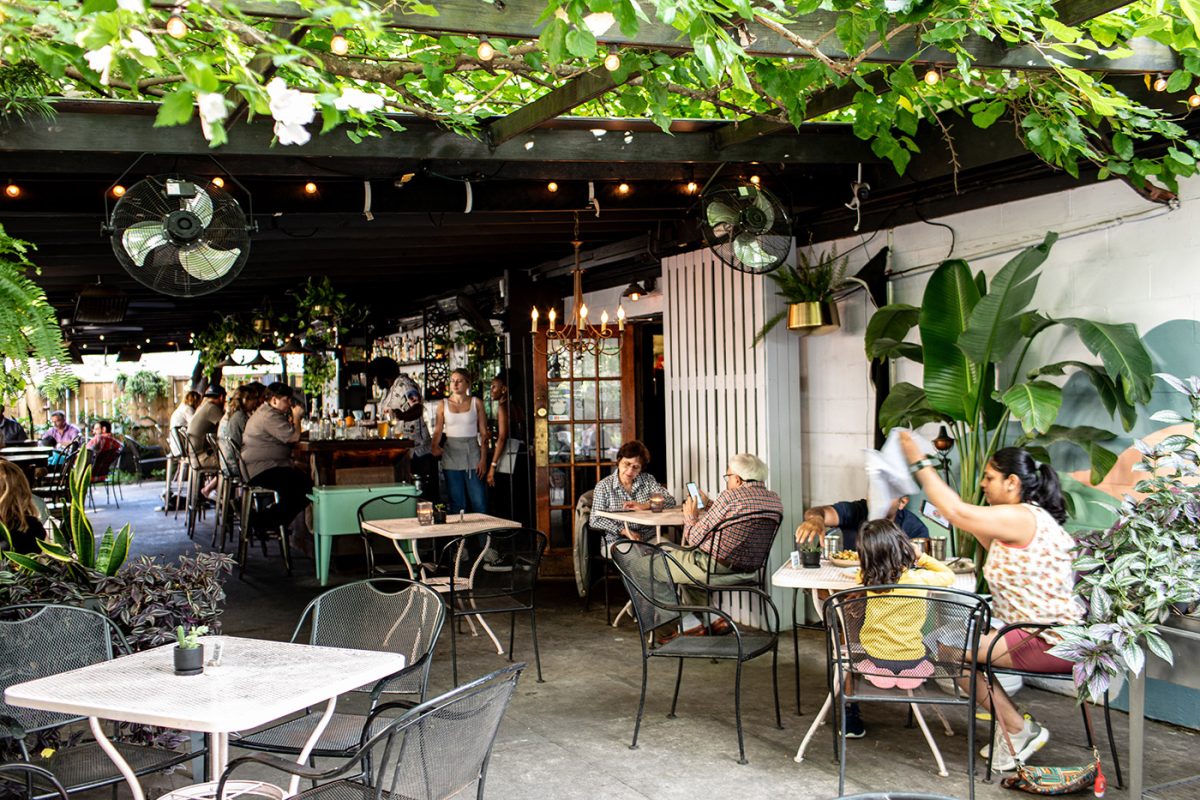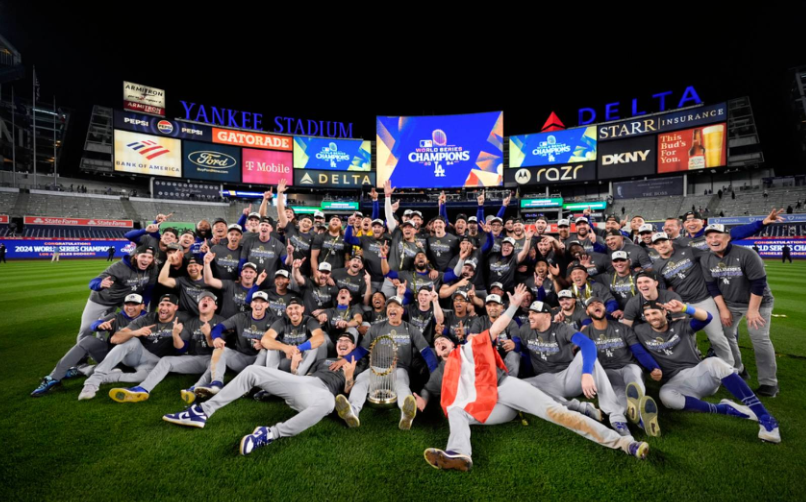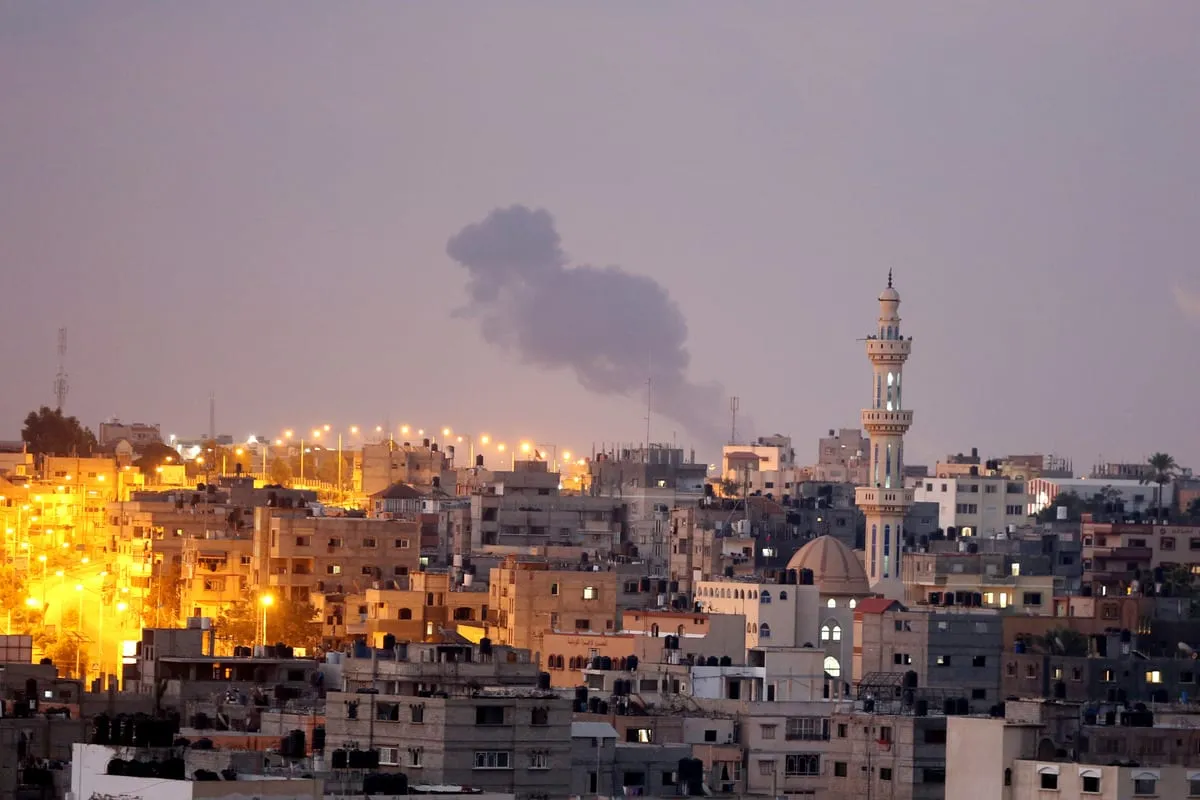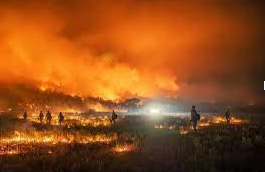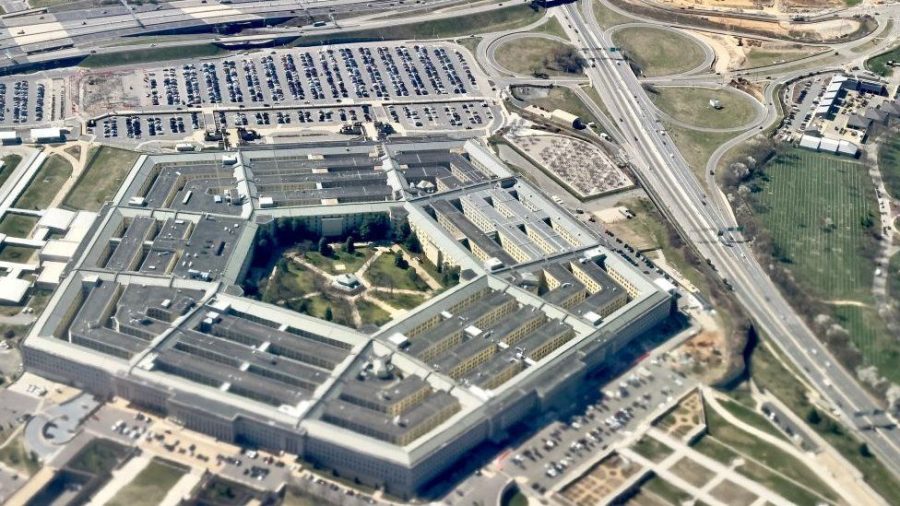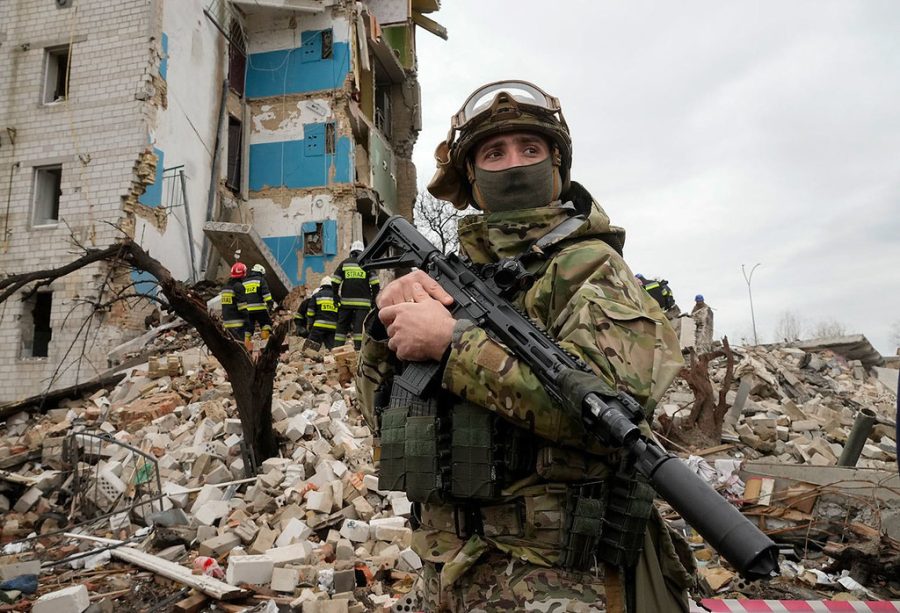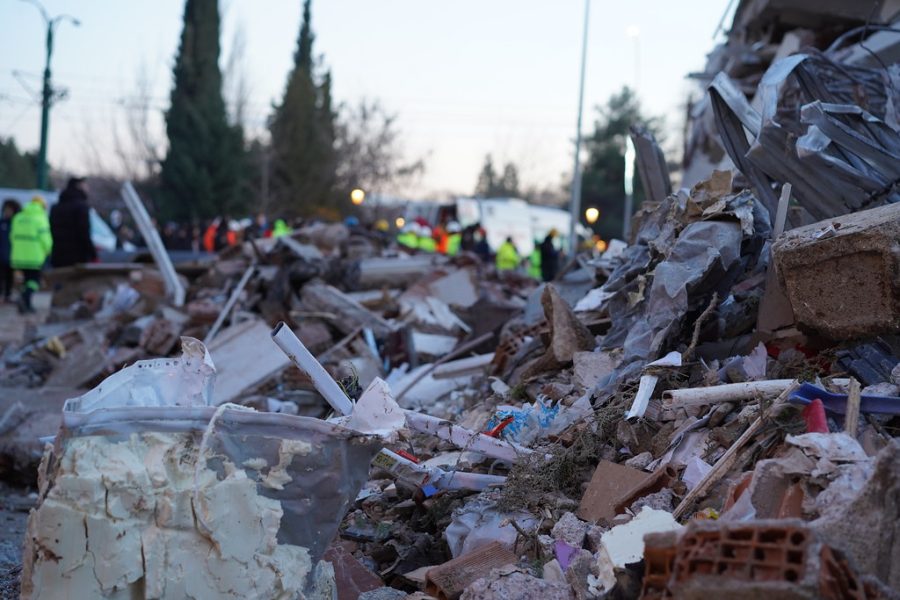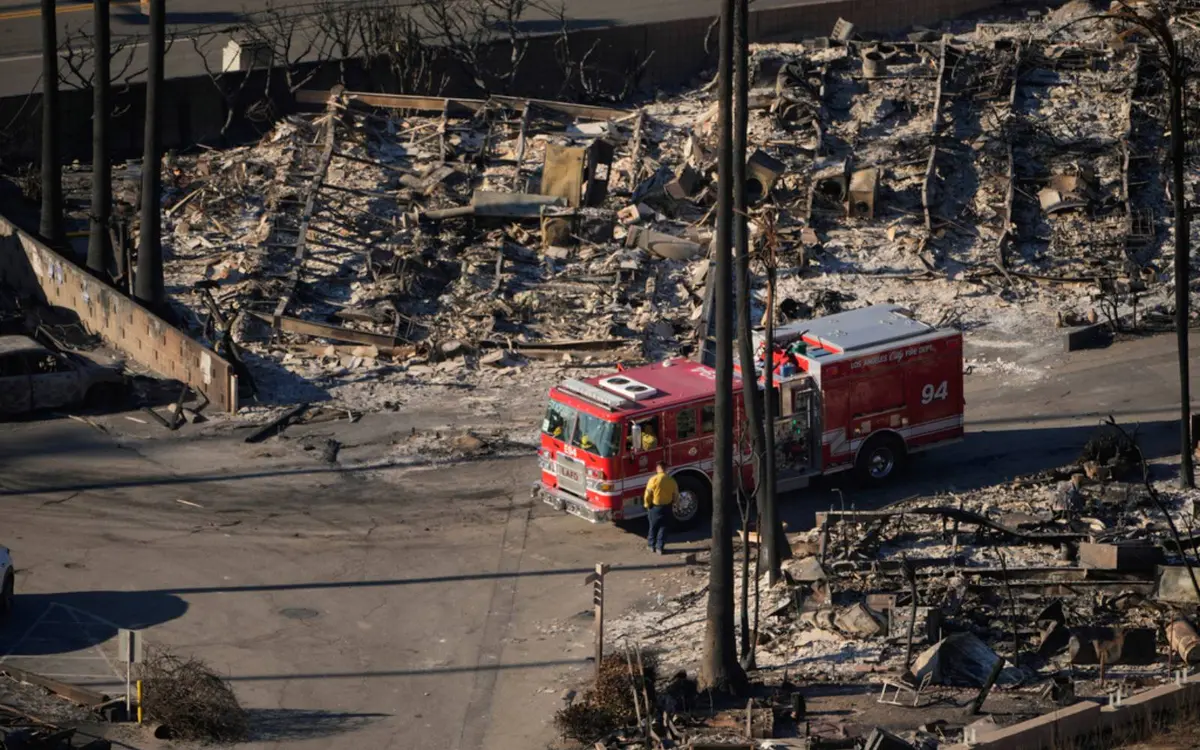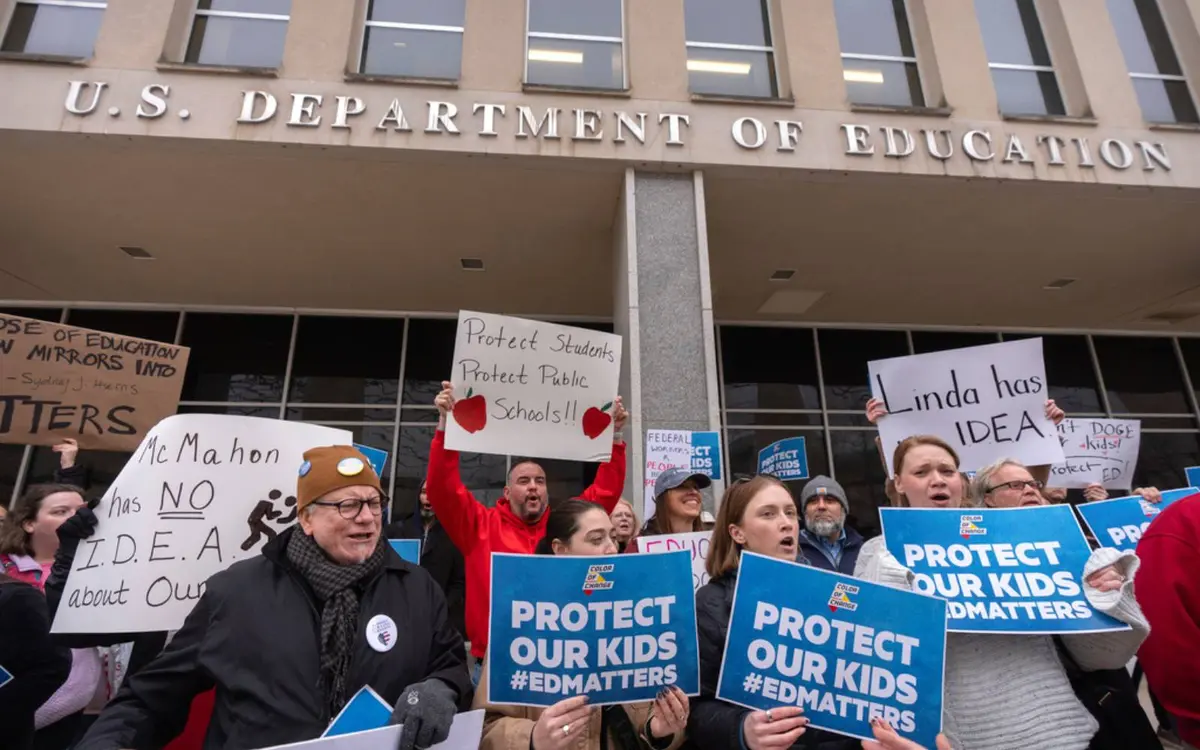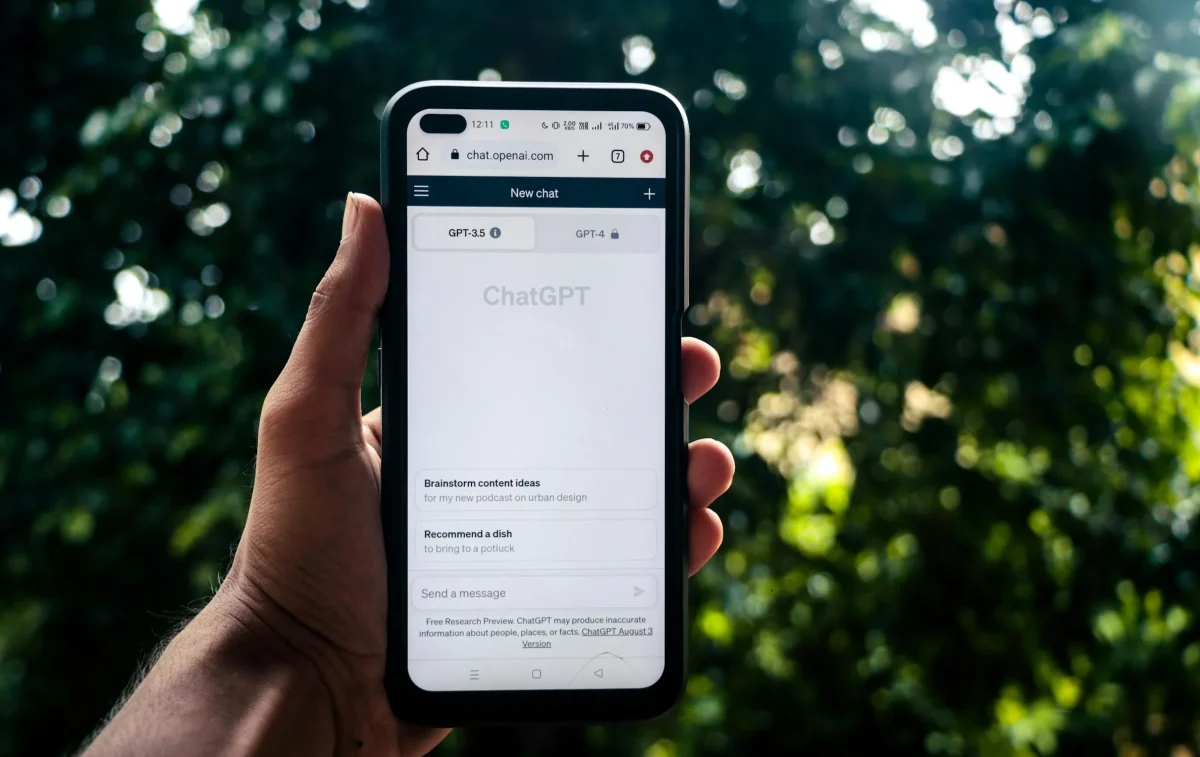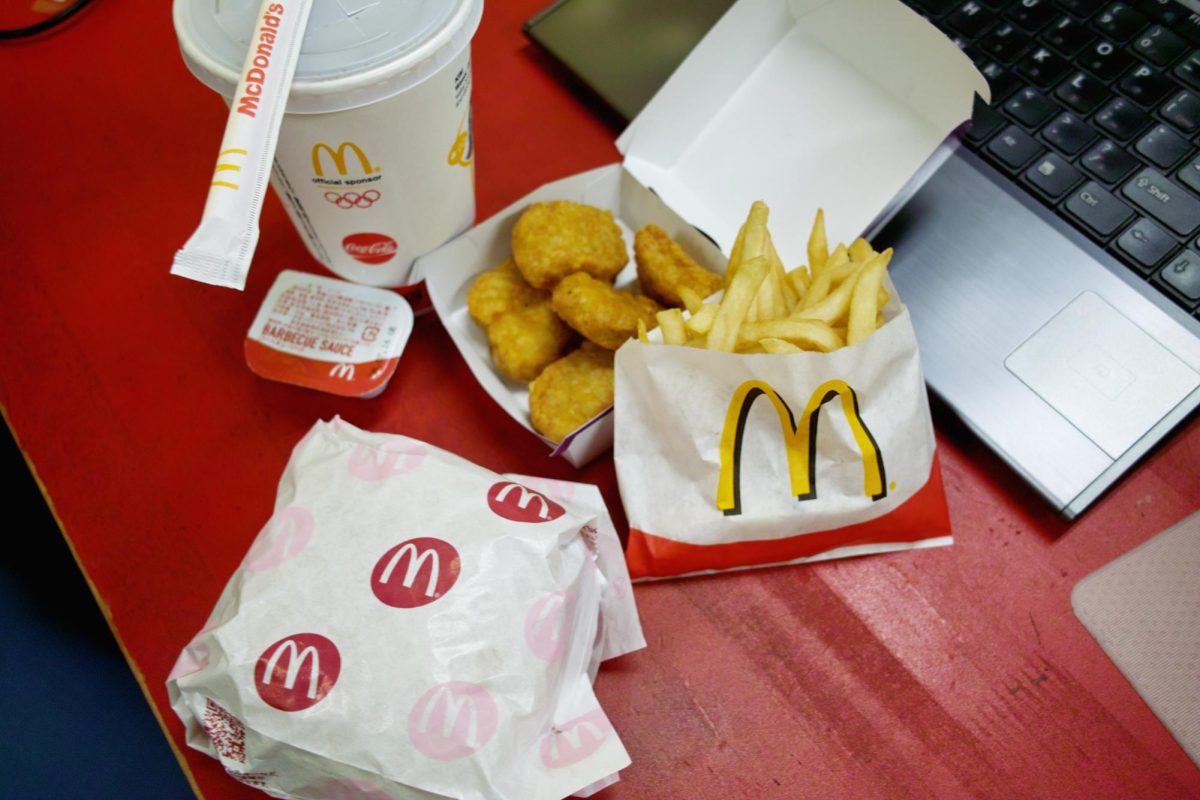Recent protests in college protests across the United States have caused several changes in daily campus life. These protests are due to a wider cause, relating to Pro-Palestinian opinions on the Israel-Hamas war. Citizens living in Gaza have evacuated their locations due to increasing violence. The military bombardment from Israel led to a humanitarian crisis from Gaza, leaving citizens lacking electricity and water. The tension within the public increases due to reports of (mostly) Palestinian reporters losing their lives upon trying to report on the situation.
Why are students protesting at their universities? Many students protest in attempts to get their universities to stop providing products from companies that support Israel, including major corporations such as McDonalds and Pizza Hut. Many universities have come up with an agreement in response to protests, including Brown University and Northwestern University cutting ties with brands in support of the Israeli government.
Colleges undergoing major changes due to protests include Columbia University, UT Austin, USC, UCLA, and several ivy league schools. At USC, their graduation, originally scheduled for May 10 was canceled due to the arrests of over ninety individuals. This caused an uproar among USC’s graduating class, as they had not had a traditional graduation since their eighth grade year due to COVID-19. Columbia University took a similar stance, canceling their university wide commencement ceremony due to protests.
At UCLA, student’s daily lives have been altered through cancellation of regular classes due to violence on the Royce Quad. Their campus was vandalized and trashed, leading to the arrest of over one hundred protesters.
Major developments occurred in UT Austin, where over one hundred thirty arrests were made due to police claims of protestors being in possession of firearms, which are against the campus’ peaceful protest rules. However, this has received backlash from the public due to the lack of proof regarding possession of firearms. The university claimed that the weapons were open carry and visible, however no pictures from the protest showed any concrete evidence.
Though these protests across college campuses have been successful in gaining awareness for the Israel-Hamas war, several universities including MIT have been met with opposition in form of counter protests.
Though these protests have not occurred locally in Santa Clarita Valley, many seniors at Castaic High School admitted to these universities could affect their freshman year of college.
Massachusetts Institute of Technology commit, Colton Kim has expressed his opinions on the protests happening on his future campus, saying “Personally, the recent protests have not impacted my decision-making process. Although I have been aware of them, I feel like activism is something that is to be expected on any college campus, especially with a movement as large as this one.” He does not expect these protests to impact him much but has recently been receiving emails from the school providing notices for closed off areas due to protests.
In the past, college protests have escalated to the point of physical action. This includes the 1970 University of California Santa Barbara anti war riot resulting in the presence of the National Guard on campus. In regards to the protests potentially escalating to this level, Kim states “Frankly, I could see these protests going either way. Hopefully nothing needs to escalate enough where our children will be learning about these protests in their history classes, but I think similar, if not bigger than other movements, such as protests against the Vietnam War.”
Protests are now a new event among the college atmospheres. Future college students are not shying away from the protests so far, and the challenges and problems they may face. University students around the nation are aware of the issues in the world and are ready to move on to the next chapter.


